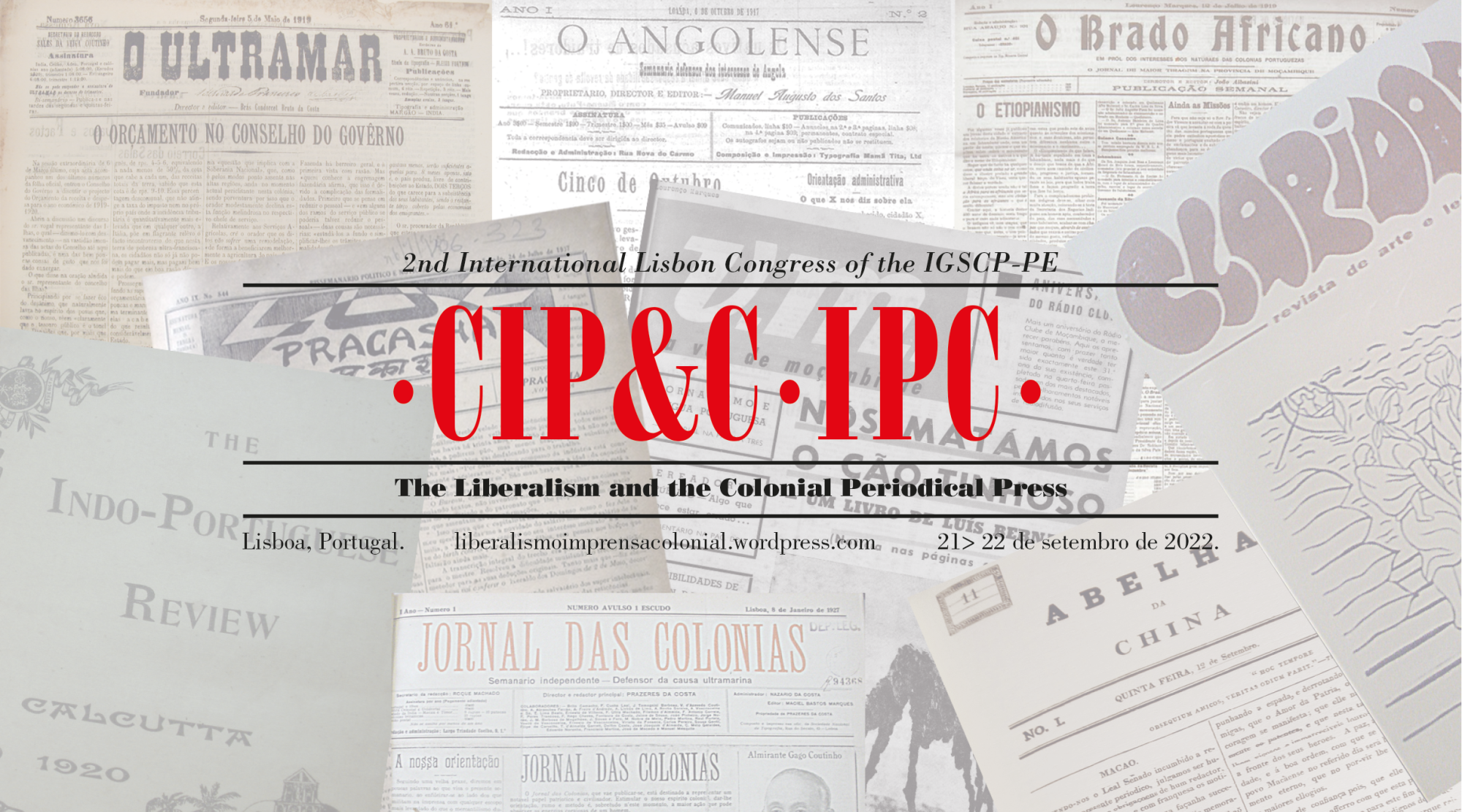The 19th century began with the struggles for independence of the American colonies from the European colonial monarchies. The ideas of nation and people that informed those struggles, as well as the idea of public opinion that granted them a common identity, gave a new consistency to the literature of liberal publicists in the early 19th century, resulting in a strengthened link between thought and action. This constituted the basis of a new way of looking at politics, as a form of knowledge and a method to understand the world.
In September 1822, two events marked the history of Portugal and its colonies, stemming from the liberal and nationalistic revolution that had started on 24th of August 1820 in Porto. On 7th of September, in São Paulo, the Prince Regent, Dom Pedro, proclaimed “independence or death” on the banks of the Ipiranga river. On the 23rd, in Lisbon, while the American deputies abandoned the assembly and the country, disallowing what was being consecrated that day, the Constituent Court approved the first constitution that King João VI would be forced to swear to. In 1807, in an unprecedented step in European history, the departure of the Portuguese Court to Brazil had launched the debate on colonial hierarchical relations by destabilising the concepts of metropolis and colony, contributing significantly to the events of the 1820’s. However, the forced return of the King to Europe in 1821 would restore these relations, at the cost of Portugal losing its most important colonial space.
In their haste to approve a constitution, the metropolitan deputies did not wait for the arrival of the “overseas” representatives, a decision that was particularly penalising for the more distant territories and which clearly showed the place reserved for these voters. Nevertheless, the simple decision to elect constituent deputies from these areas also indicated a pluricontinental conception of the kingdom and the nation, including them in the dynamics opened by the new regime. A vision that the constitutional text would confirm, despite excluding large shares of its population from participating in political decisions, due in part to the reality of slavery, in part to a typical vision of liberal society that was hierarchical, capacity-based, and classist.
In the global context in which it took place, the independence of Brazil contributed to the theorisation of, and the debate on, the ideas of empire and imperialism. It also fuelled the formation of an anticolonial thought, as it pointed at the contractual dimension of the colonial relationship, and for the possibility that other colonies joined the separatist movement, constituting themselves into a federation. The lessons would be learned. Thus, even if any new insurgencies would thereafter be violently repressed, the constitutionalism inaugurated in the 1820’s evidenced the marks of the debates on the liberal conception of national territory and the nation. The difficult task of articulating liberalism and colonialism, expressed concretely in the principles of administration and in the guarantee of individual and collective rights, would be renewed, interpreted, and questioned.
Among the conditions for the establishment of a liberal regime, the formation of a public opinion – especially of a periodical press dedicated to publicising, scrutinising, and influencing the decisions of power – occupies a central place. Since the existence of journals outside the metropolis was forbidden until 1820, we could say that the colonial periodical press written in Portuguese was born with the revolution, and the post-colonial press with Brazil’s declaration of independence. Beyond Brazil, in the eastern periphery of the empire, in Goa on 22nd of December 1821 and in Macao on 12th of September 1822, the first local periodicals were founded on the initiative of the respective provisional revolutionary governments. The rates at which the press, both official and private, spread across the empire bear witness to the diversity of local situations, including diverse relations with written culture and different forms of colonial governance. Despite these asymmetries, there is evidence that since the 1820’s, and even before, the Portuguese and foreign press reached these spaces with local impact, in the same way that the events and positions of local players ended up finding space where the press existed. This panorama puts on the table the need to think about the concepts of opinion and public sphere – local, imperial, and national.
Commemorating these centenaries, with this event, the IGSCP-PE intends to establish a bridge between the liberal debate in the press, in its various ramifications across the empire, and the representation of liberalism today.
